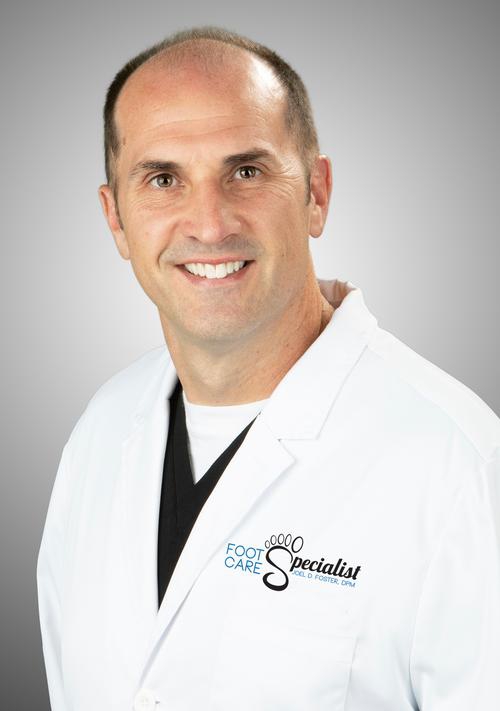Few things are more distressing than a sore or wound on your foot that just won’t seem to heal. Foot wounds can arise from a variety of circumstances, and while they won’t always cause much pain (especially if you have some existing nerve problems in your lower limbs), they can lead to severe complications if they get infected and spread.
Why Do Foot Wounds Form?
Sores and ulcers can grow from scrapes, cuts, blisters, burns, or other injuries and trauma. Even in healthy people, feet and toes typically don’t get as much blood flow as other areas of the body, which means the body can’t fight infections or heal injuries as quickly or effectively as it can elsewhere. If you have a medical condition or are taking certain medications that further compromise circulation, the risk increases significantly.
Damage to sensory nerves in the feet, known as peripheral neuropathy, is also usually a factor. When your nerves are having trouble sending signals to the brain, you might sustain an injury without feeling it or knowing about it until the next time you check your feet—or notice blood in your socks. People with diabetes are at especially high risk for foot wounds, since the condition often leads to poor circulation and nerve damage. However, you can struggle with poor circulation, neuropathy, or slow healing for other reasons such as smoking, dehydration, poor diet, alcohol abuse, or immune system illnesses.
Why Do Foot Wounds Need Immediate Treatment?
You should never shrug off any painful foot condition, but that’s especially true when it comes to wounds. Wounds that are not treated as soon as possible may grow and become infected, and that infection can spread and do severe and permanent damage. Foot wounds are by far the leading cause of non-traumatic amputations in the United States, and almost all of them could have been prevented with more rigorous and prompt attention. If you’re at high risk, you should fully feel and examine your feet at least once daily and seek professional treatment as soon as you notice an injury or sore that isn’t getting better.
How Are Foot Wounds Treated?
Dr. Joel Foster provides comprehensive wound care for patients at his office in Lee’s Summit, Missouri, as well as at the local hospital. The procedure is generally performed out-patient, but can be performed in-patient if need be.
There are several important steps to wound care. The main goal, of course, is to prevent or reverse any infections and heal the ulcer as quickly as possible. First, we’ll clean the wound of any dead skin, dirt, or other debris in a process known as debridement. Then, we’ll apply any necessary medications or grafts and bandage the injury. Advanced tools and procedures, such as collagen powders and tissue grafts, may also be applied to help facilitate proper draining, stimulate soft tissue regeneration, and provide the optimal environment for healing. Laser therapy may also be used to help close wounds and naturally activate cellular healing and immune response.
What Should I Expect During the Foot Wound Recovery Process?
It is extremely important that you avoid putting weight or pressure on the wound during the healing process. Typically, this means no walking on that foot for a while; you may need the temporary use of crutches, a walking boot, or wheelchair. You may also need to reapply a fresh dressing regularly and return for follow-up appointments as necessary for us to ensure that your healing remains on schedule. Our practice places the highest priority on patient education, so we’ll make sure you fully understand all your needs and responsibilities for home care. In some cases, additional care to address an underlying biomechanical issue, such as with the use of a custom orthotic, can greatly reduce the risk of future problems.
The Best Solution for Foot Wounds Is Prevention With Our Lee's Summit Podiatrist
You can’t always prevent every cut, scrape, or blister. However, if you are disciplined about checking your feet each day for signs of damage—and you seek help as soon as you notice a problem—you usually can prevent the formation of a severe wound or at least stop it from continuing to spread and get worse. Schedule regular appointments with your podiatrist if you have any conditions that increase your risk of wounds. Regular screenings and care can help catch problems early and reduce the risk to your feet.
Make an Appointment With Our Foot Wounds Specialist at Our Lee's Summit Office
If you need help with wounds or sores on your lower limbs that just won’t heal, please call Dr. Joel Foster and the wound care team in Lee’s Summit, Missouri, at 816-246-4222 or fill out our contact form here.

